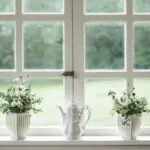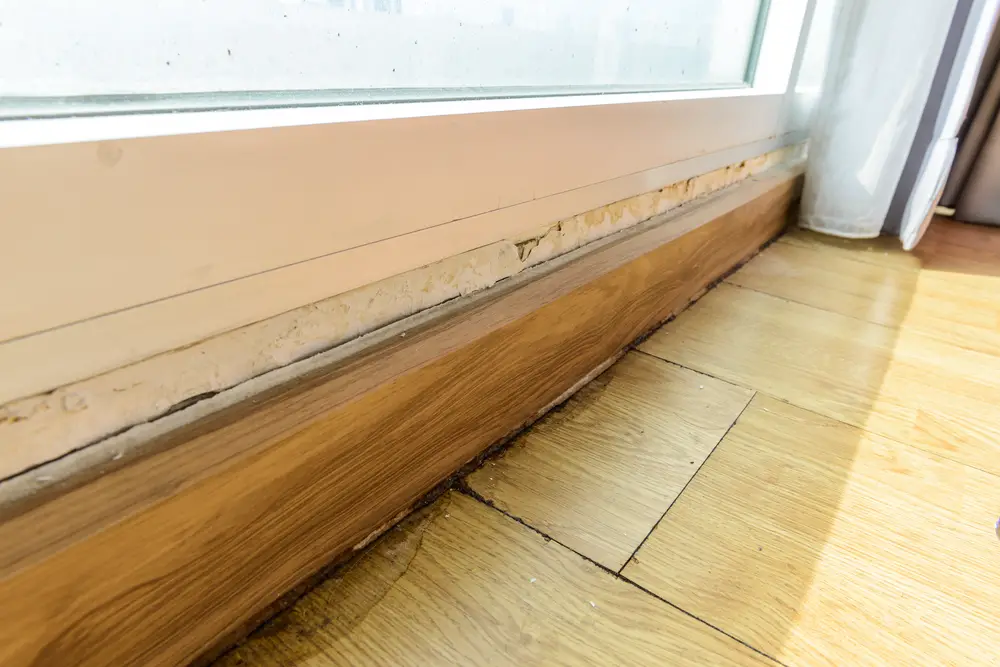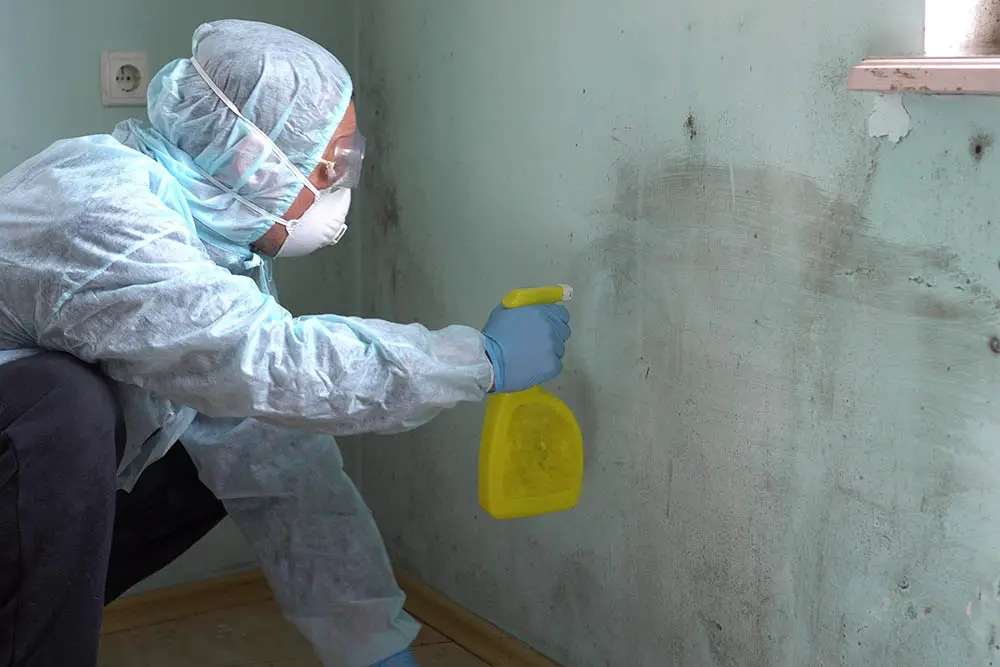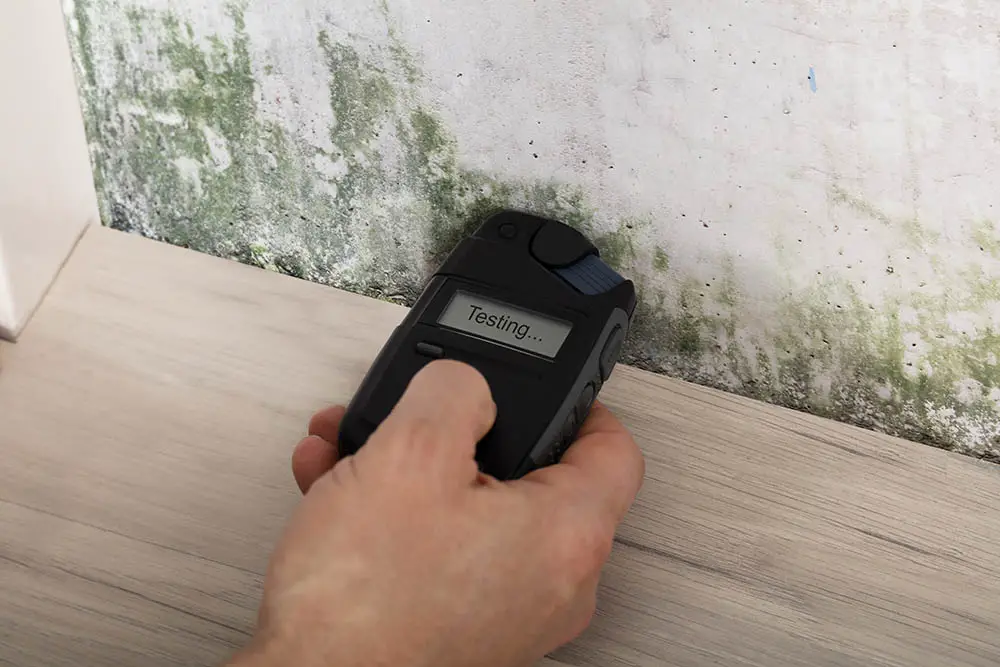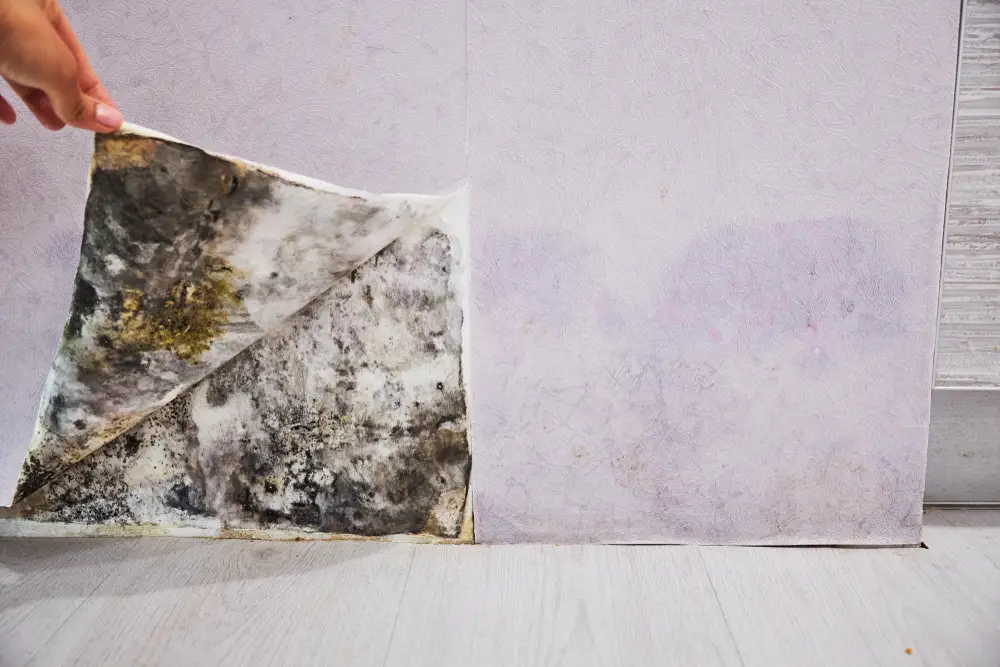When designing a room, opting for wallpaper over paint can introduce texture, print, and personality into the space. However, considering the potential risks of mold, can wallpaper prevent mold growth, or can mold grow under wallpaper? Let’s dive in deeper and discuss!
Conditions Perfect for Mold to Grow
Mold requires specific conditions to thrive, primarily moisture, warmth, and an organic food source. Wallpaper, particularly in areas like bathrooms, kitchens, and basements, can create an ideal environment for mold development. When moisture accumulates behind the wallpaper, either due to poor ventilation or water leaks, it provides the necessary conditions for mold spores to germinate and spread.
Risks of Mold Growth Under Wallpaper
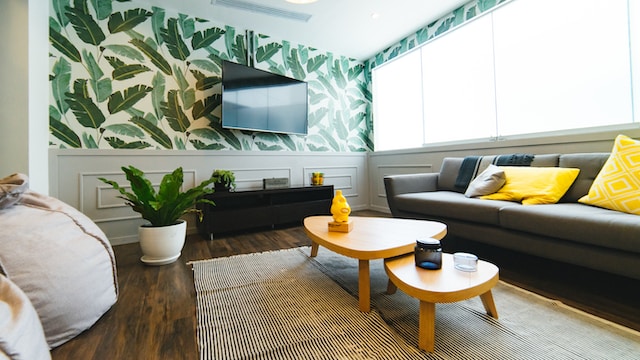
The presence of mold under wallpaper poses various risks to both the structural integrity of the building and the health of its occupants. From a structural perspective, mold can deteriorate the wallpaper adhesive, leading to peeling, discoloration, and an unpleasant odor. Furthermore, prolonged mold growth can compromise the wall’s integrity, resulting in structural damage that requires extensive repairs.
From a health perspective, mold can trigger allergies, respiratory issues, and other health problems. The mycotoxins released by certain types of mold can cause severe health complications, especially in individuals with pre-existing respiratory conditions or weakened immune systems. If left unaddressed, mold growth under wallpaper can spread to other parts of the house, leading to a full-blown infestation that becomes challenging and costly to eradicate.
Additionally, if the wallpaper is installed on walls with pre-existing mold contamination, it can serve as a cover, allowing the mold to grow undetected, exacerbating the problem.
Detecting Mold Behind Wallpaper
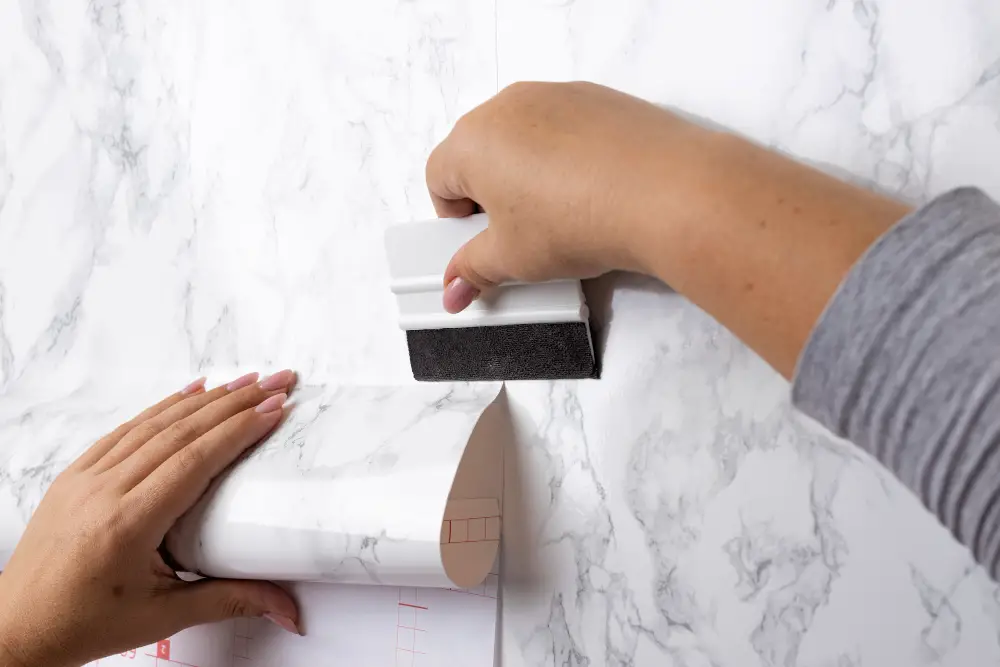
Detecting mold growth behind wallpaper can be challenging as it remains concealed from plain sight. However, certain signs can indicate its presence, such as a musty odor, peeling or bubbling wallpaper, discoloration, and the appearance of dark spots or patches. Regular inspections, especially in areas prone to moisture, can help in early detection and prevent the issue from escalating.
Prevention and Mitigation Strategies
Preventing mold growth under wallpaper involves implementing proactive measures to control moisture levels and ensure proper ventilation. Some effective strategies include maintaining optimal humidity levels, promptly addressing water leaks, and promoting adequate air circulation. Additionally, it is crucial to address any signs of water damage immediately and consider using mold-resistant paint or primers before installing wallpaper.
Professional Mold Remediation
When faced with mold issues, it’s crucial to prioritize safety above all else. While the temptation to tackle the problem independently might arise, opting for the assistance of a professional mold remediation team is undoubtedly the wisest decision. Your well-being is the top priority, and entrusting the task to skilled professionals ensures that the mold is handled effectively and with the necessary expertise. Choosing the professional route not only guarantees comprehensive remediation but also provides peace of mind, knowing that the issue has been addressed thoroughly and with utmost care.
Conclusion:
In conclusion, mold growth under wallpaper is a potential threat that homeowners should not overlook. Understanding the conditions conducive to mold development, the associated risks, the importance of early detection prevention, and the assistance of a professional mold remediation team is crucial in safeguarding both the structural integrity of the building and the health of its occupants. By implementing proactive measures and maintaining a vigilant approach towards moisture control and ventilation, homeowners can effectively prevent mold from taking root behind their wallpaper, ensuring a safe and healthy living environment for all.



